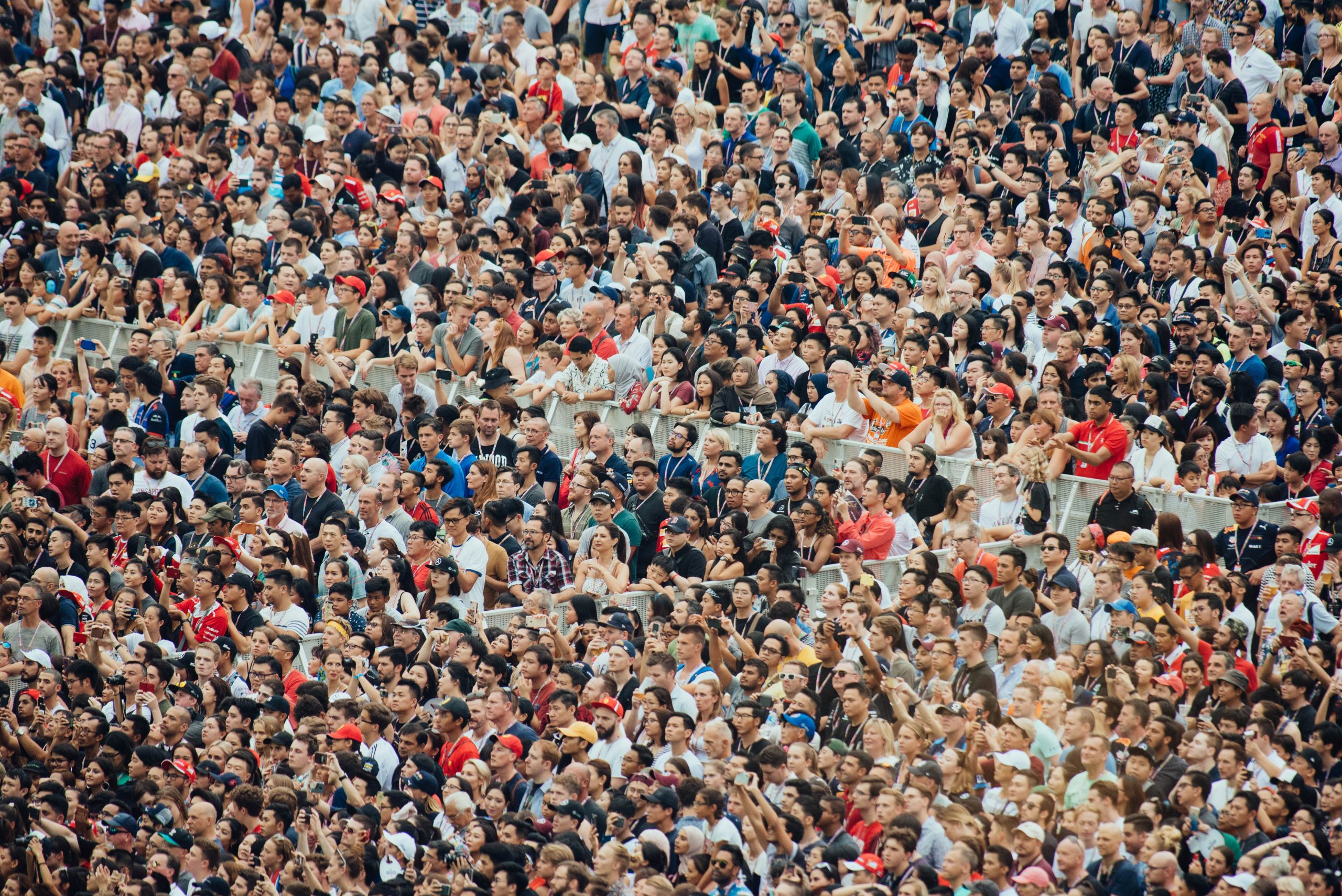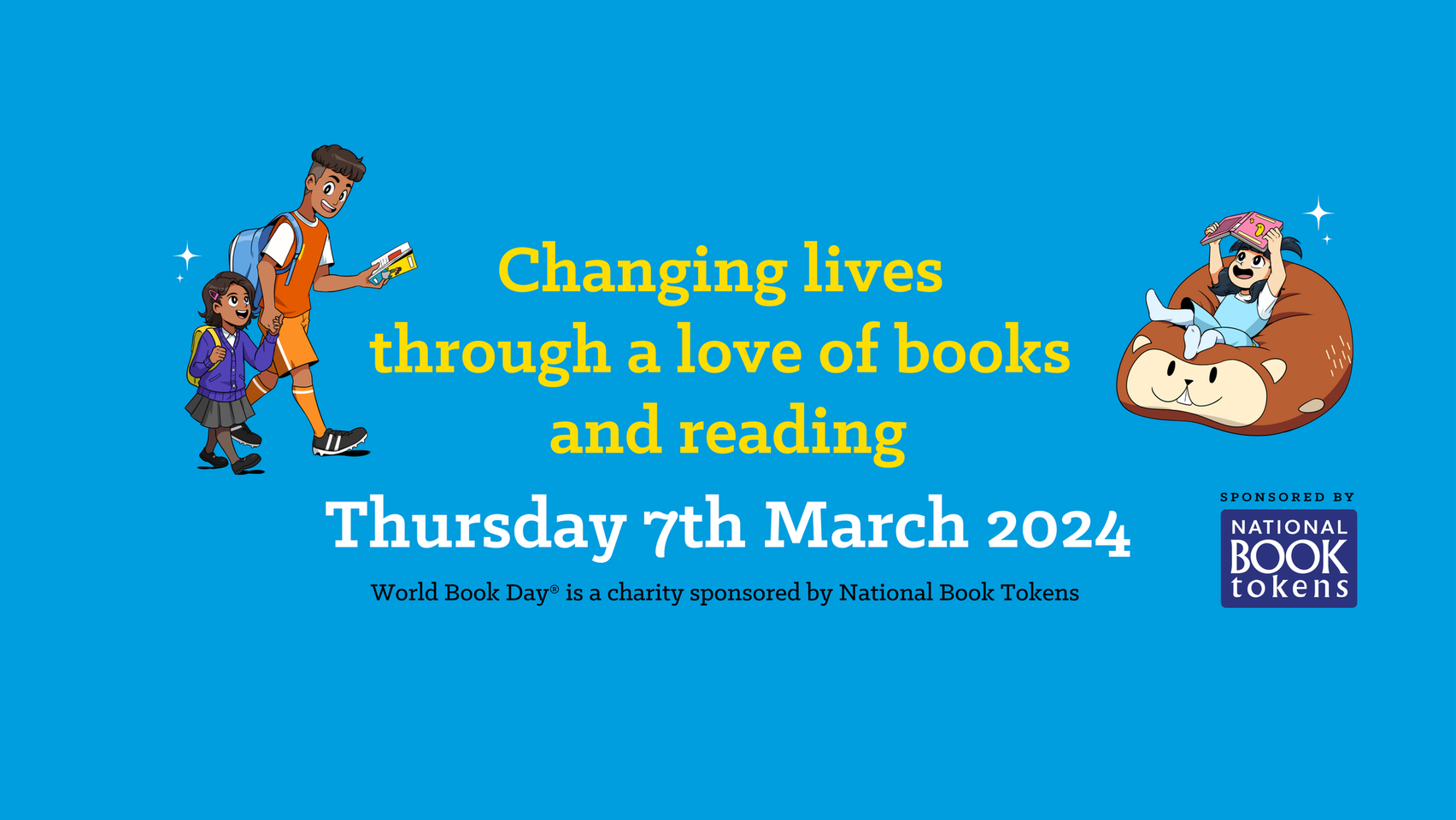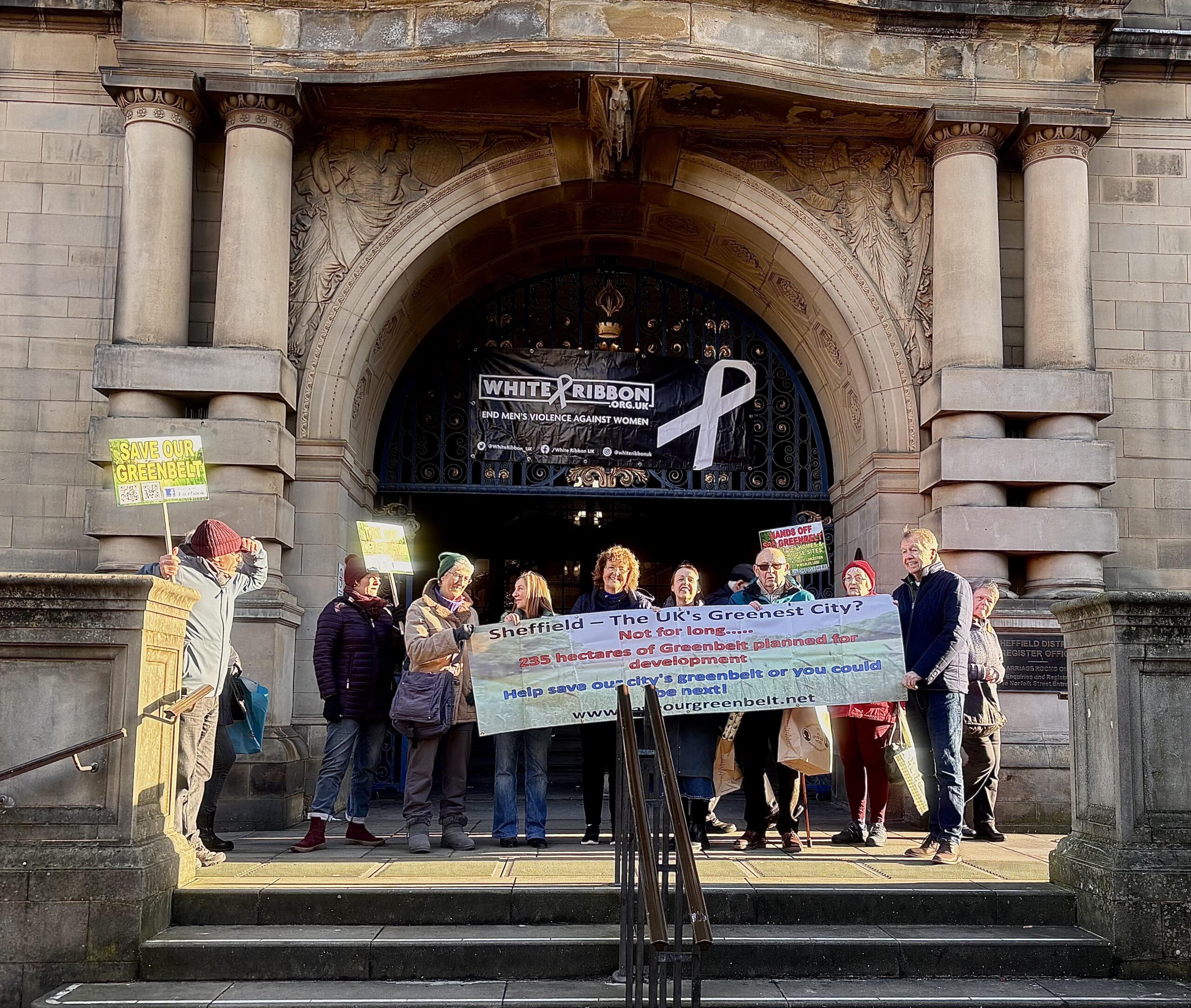With the carpet rolled out for the country’s cautious meander out of Covid restrictions, and the bunting strung-up in anticipation of our bleak one-year lockdowniversary, the road to normality is finally in sight.
For Britons, eyes glistening with the ghosts of their last in-pub-pint, the prospect of a return to life as we knew it is a point of rabid elation. Though we had a rough start, we feel primed and ready to walk out full-stride into the roaring 2020s – a brave new and Chris Whitty-free world.
Punctuated by the promised reopening of the pubs on 12 April, the general feeling is one of jubilation. Even machinations of the inevitable swarm of 20-something lads – finally getting a moment in the spotlight after waiting months to share their thigh-slapping Coronavirus/ Corona beer material with a glassy-eyed woman at the bar – feel oddly charming.
For many, though, a reemergence from our year-long hibernation is a substantial trigger for anxiety. After what feels like an eternity inside the familiar four walls of our homes, thoughts of rubbing shoulders with unmasked strangers in clubs and restaurants can be terrifying.

“I think the main thing for me would be general panic around being shoulder to shoulder with strangers. I feel uncomfortable and anxious constantly whenever I go shopping now at Tesco – and that’s even with a mask,” says Thomas Sparrow, 22, from Reading.
“I often find myself having trouble with breathing and feel constantly hyper-aware – which is not something I have ever felt – and I feel that may be something that will just get worse without masks and stuff.
“I’m a little worried it’s all too soon and I’m just a bit nervous about such a sudden change back to normality.”
It is no secret that, since the first lockdown in the UK, there has been a sharp increase the number of people suffering with anxiety. According to most recent data from the Centre for Mental Health, around 20% of people in England alone will need new or additional mental health support as a direct consequence of the pandemic.
With such enormous pressure to join in with the celebrations – to get on board with distant dreams of crowd-surfing through a room of sweaty, unsanitised bodies – those unsure as to whether they have the mental endurance for life on the outside are suffering detrimental blows to their mental health.
“It’s the weirdest feeling. I feel euphoric and terrified at the same time,” said Joanes Beitia, 21, of Sheffield.
Since schools returned to face-to-face teaching on the 8 March, these mental health concerns have begun to materialise at an alarming rate.
“We were very aware that our young people were going to be anxious about returning back into groups again,” said Jane Gamble, a schools and young persons psychotherapist.
“From young people’s perspective, there is definitely anxiety around whether their friends are still their friends. A lot of them have lost the confidence to connect.
“By the middle of last week, a few days after the schools returned to face-to-face teaching, there was a big influx of referrals. We generally saw a lot of low-level self-harm at the thought of coming back.”

Fears around the survival of friendship circles is a common trend among those bearing the burden of post-lockdown anxiety. With Zoom pub quizzes proving exhaustive, the toll of maintaining friendships has been keenly felt by young people in particular.
“Our social circles have diminished so much over the last year, it’s not certain that we will know how to socialise with loose acquaintances when things open,” says Kara Gilchrist, 22.
“I think small gatherings will be what a lot of people are comfortable with for a while and not because of the COVID risk, but because of the social aspect.
“It scares me because how will anyone date again if they can’t do small talk anymore. Are people going to get too deep too quickly? Or are people going to settle for subpar connections?
“Meeting new people is officially a foreign concept.”
According to Mrs Gamble, this boom in anxiety levels has, in part, come as a result of young people witnessing changing behaviours within their family unit, often at the hand of alcohol and substance abuse as a means of coping with the enormity of the pandemic.
“Young people have seen an increase in domestic violence or marital discord – a lot of relationships breaking down. So, coming to school and being away from that, children often feel that when they are around they can try and hold their parents together by being ‘the good child’,” she said.
“Going into school, they feel as if they are leaving the parental relationship a bit exposed.”

Pressure to maintain good familial relationships and a stable group of friends is the albatross around the neck of many young people up and down the country looking out toward the horizon of life after lockdown.
In an attempt to manage these fears, many young people have developed maladaptive responses – something Mrs Gamble described as a self-destructive habit formed as a way of surviving the pandemic. Common responses include eating disorders, gaming addiction and over-exercising.
With the hailed return to public life drawing closer – to offices, schools, colleges, universities – the stark realisation that these behavioural crutches are unlikely to survive the pressures of normal life is giving rise to a surge of unease.
“I used to teach live fitness classes and training sessions before COVID. I’ve been online for almost a year now and the thought of going back into a face-to-face fitness setting makes me feel ill, if I’m honest,” says Mel Bridger.

After a year working from the confines of our own bedrooms – rolling from desk to bed and back, the four walls closing in tighter each day – our concept of what normal life looks and feels like has been blurred into obscurity.
The 23 March marks a year since the first lockdown in Britain. To honour of the occasion, a national day of reflection has been planned in remembrance of the many precious lives lost to COVID-19.
For many, it will serve as a reminder of the fragility of life – of its sudden stops, starts and precipitous futures – and the importance of spending time with those we hold most dear. As Jane puts it:
“Humans need human contact, they need to socialise, they need support from each other.”




